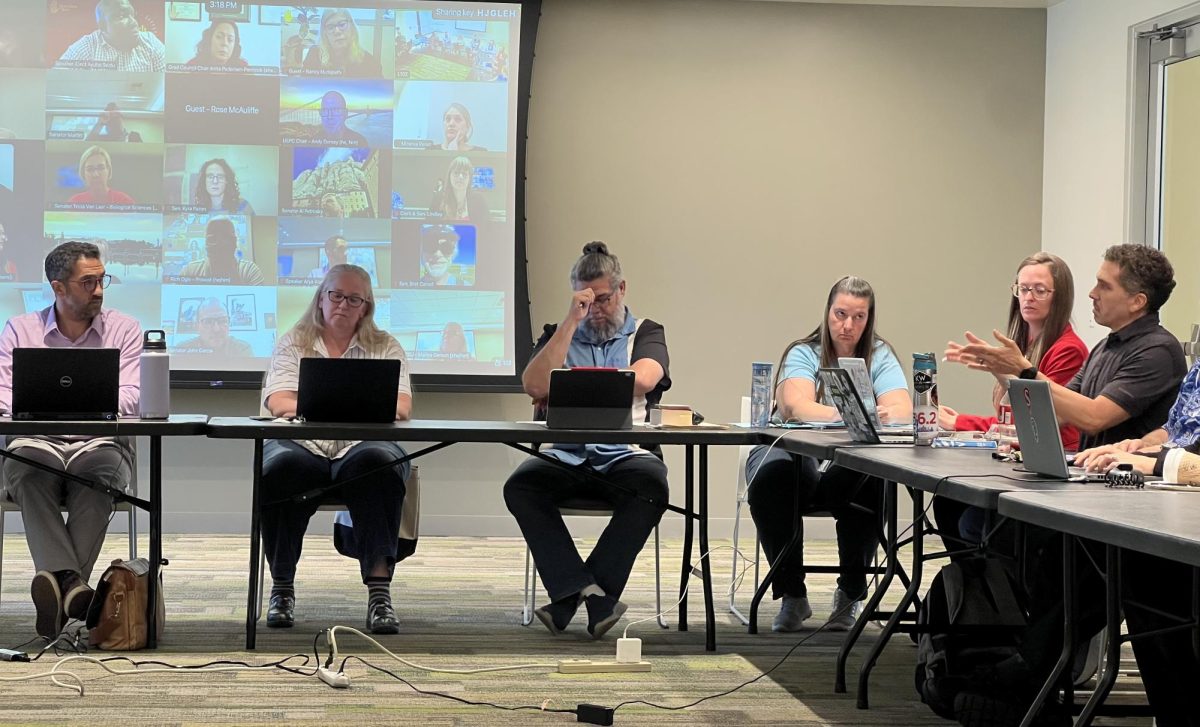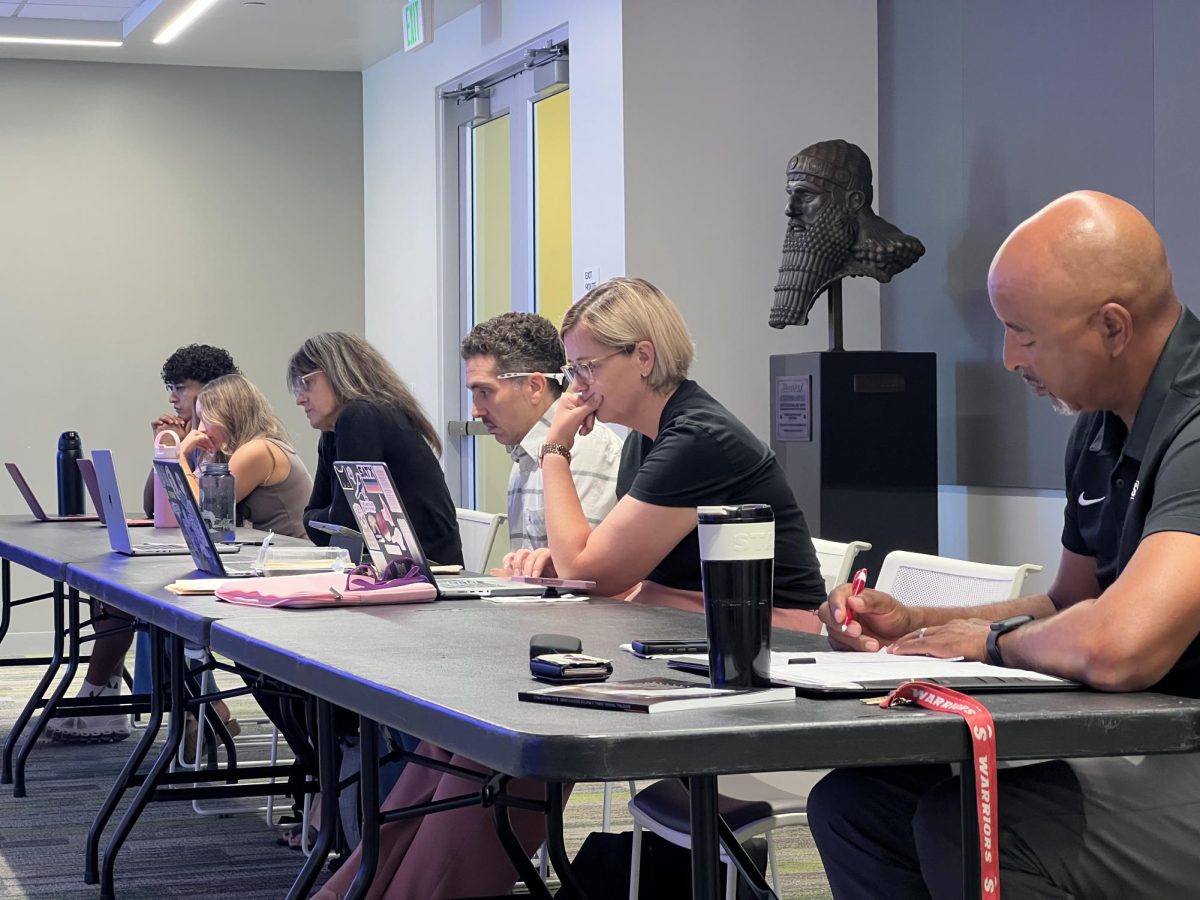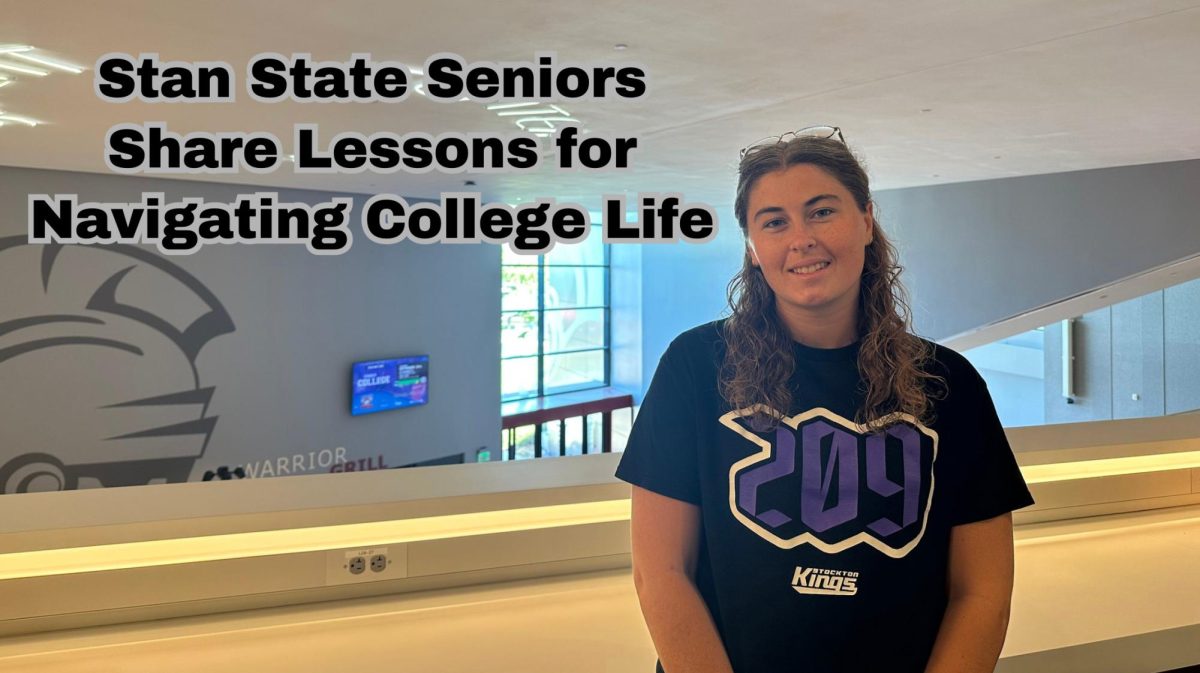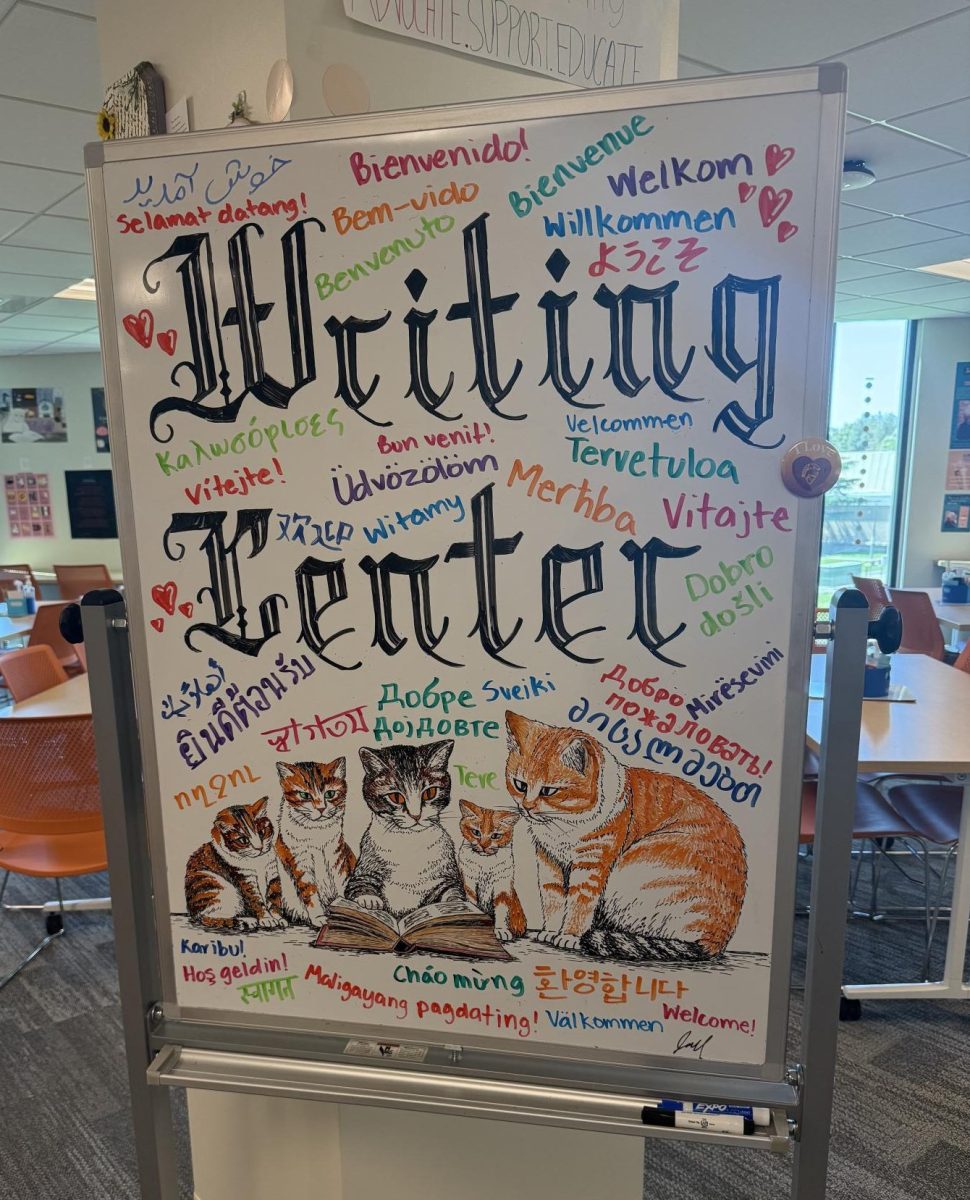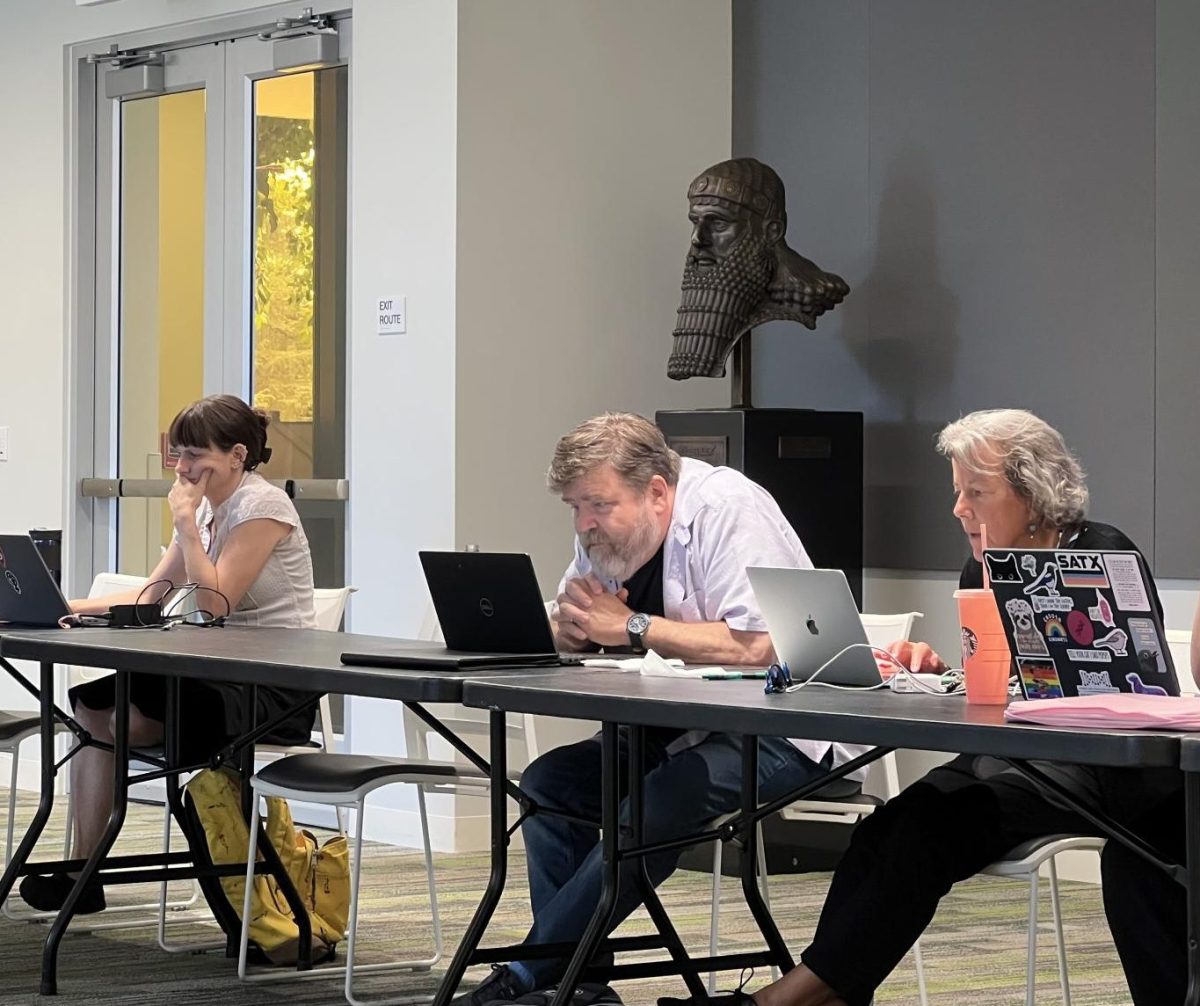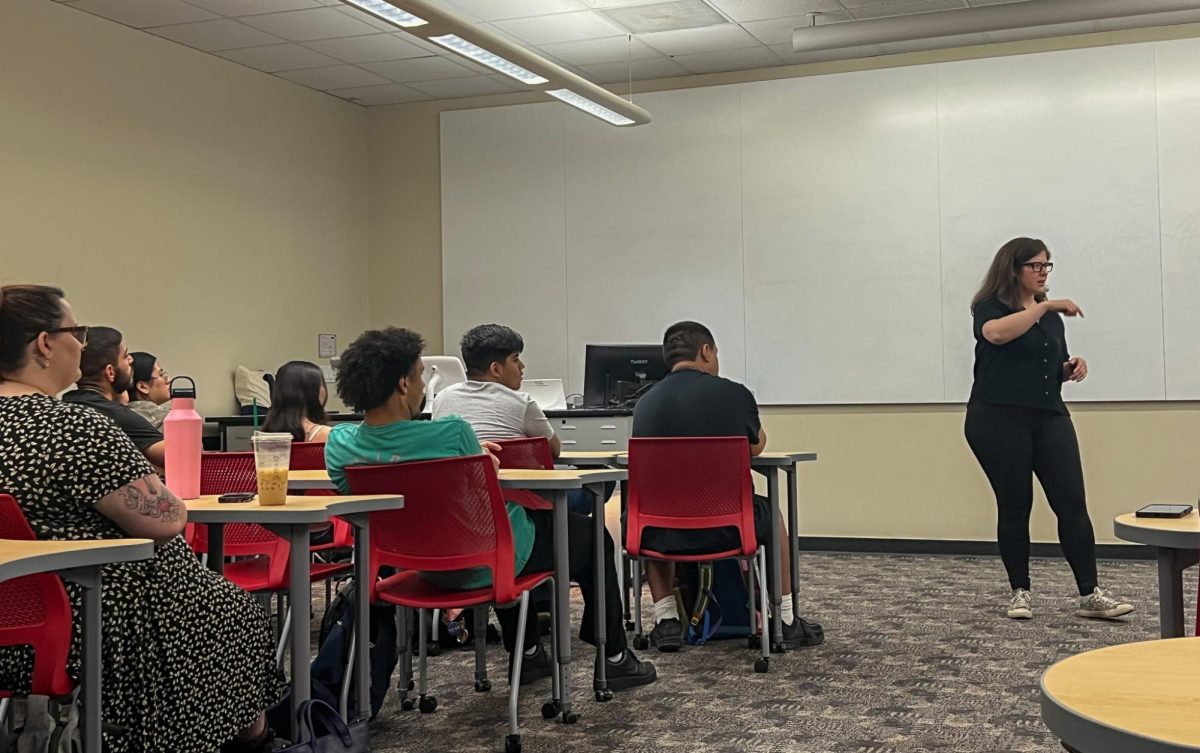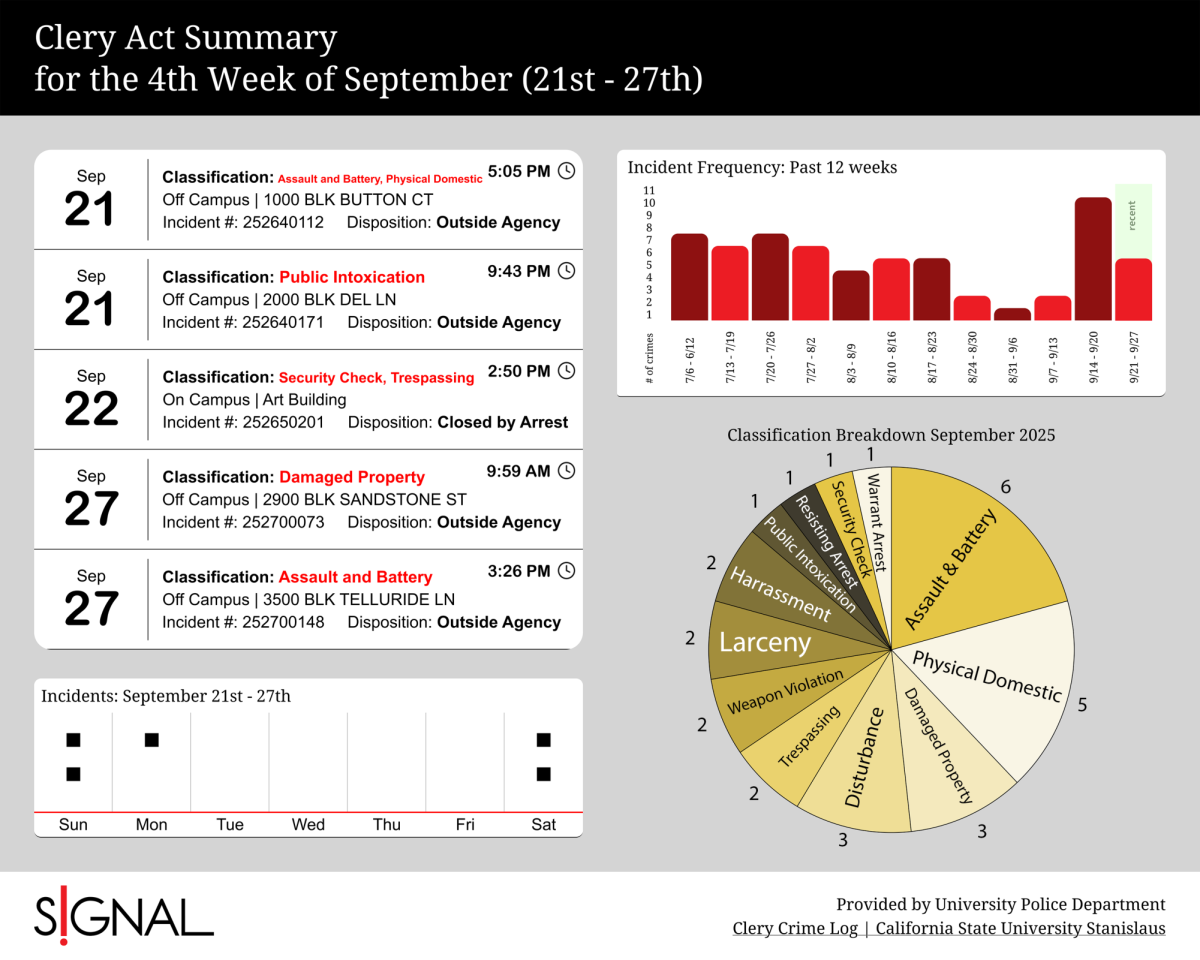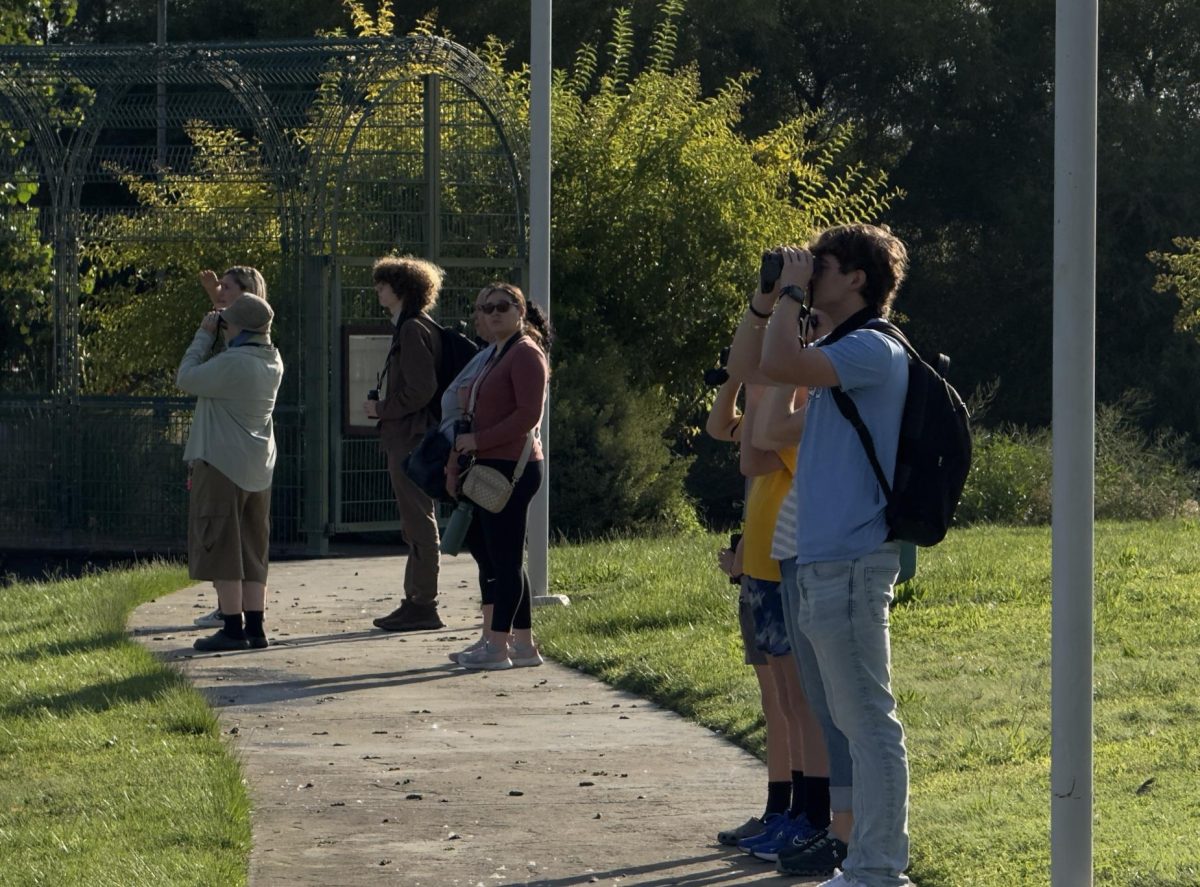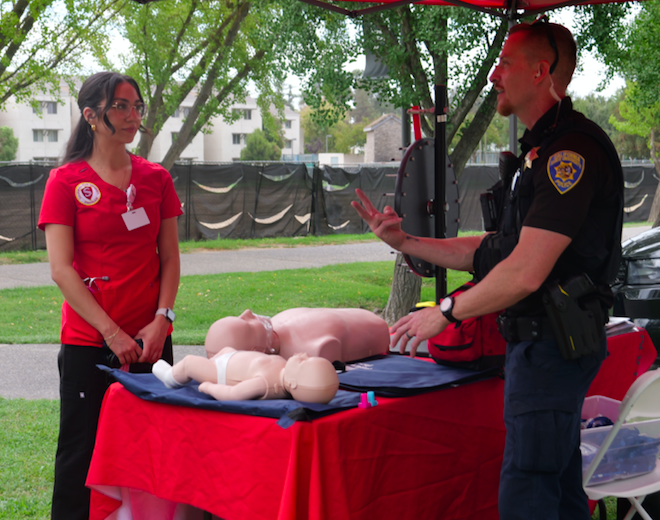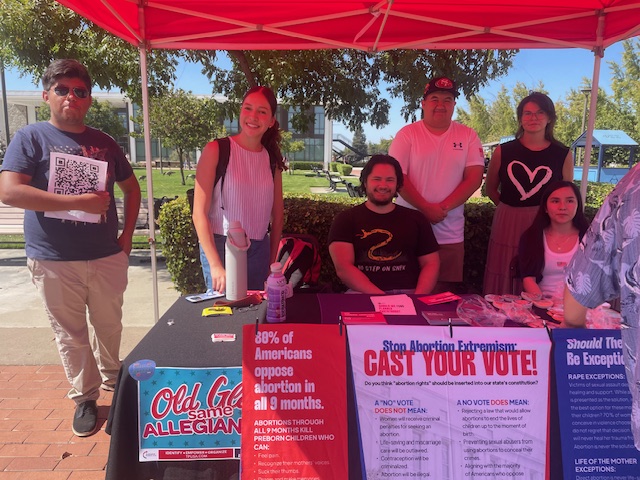The Academic Senate met on Tuesday to provide updates on strike authorization votes. Members also discussed the upcoming revisions that will be implemented in the Instructor Withdrawal Policy, the Faculty Policy on Student Recording of Classes, and the replacement of the language “academic probation” in institutions of higher education.
Additionally, the Presidential Search Open Forum was discussed.
This will take place on Nov. 1 during 1:30-3:30 p.m. in the Event Center.
Strike Authorization Voting Results
Voting polls opened for the CFA strike authorization on Oct. 21 and closed on the 27th.
Approximately 95% of the votes were in favor of the strike.
Stan State’s CFA chapter had one of the highest voting turnouts across the state.
CFA members continue to work under the motto “We don’t want to strike, but we will.”
The strike model is still being planned and the strikes may be systemwide, rolling strikes, restrained partial strikes, etc.
When addressing concerns on if teaching would have to be done remotely during the strikes, Sen. Dave Colnic (Professor and Dept. Chair of Political Science and Public Administration) noted the example that the writers involved in the Writers Guild of America (WGA) didn’t just work at home through Zoom and email.
“Strike means strike,” said Colnic, to emphasize that they will not be halting all productivity if it comes down to a strike.
Non-strike action is also significant, and CFA members can ride travel by bus so that they can have the oppurtunity to rally at the CSU Long Beach on Nov. 7-8 during the Board of Trustees meeting.
The bus will have free wifi, so that means members will have a chance to teach classes through Zoom while on their way to Long Beach.
Dr. Betsy Eudey (Professor, Gender Studies) expressed that if there is a strike, she hopes that students will join staff on the picket line.
Instructor Withdrawal Policy Revisions
Stanislaus State’s Academic Senate has approved the revised Instructor Withdrawal Policy.
The revised policy go into effect during the Fall 2024 term.
Students will be informed of this implementation through their students emails, online schedules, and the learning management system (LMS) being used for their courses.
Students will also receive a text message reminding them to log into their online classes.
All faculty members must contact their students at least two working days before the courses they are teaching begin (consistent with the OTM policy).
They must communicate the expectations associated with the modality of the course and inform their students of the IW policy.
Faculty members should distribute their syllabus by the first day of any class they are instructing.
The existing IW Policy doesn’t have specific instructions for faculty members that teach asynchronous classes.
However, the revised version of this policy provides specific instructions for all modalities.
Amendment to Faculty Policy on Student Recording of Classes
The revised Faculty Policy on Student Recording of Classes has also been approved by the Academic Senate.
The revised policy will go into effect during the Spring 2024 term.
The rationale regarding this policy is that the existing language within it has been considered to vague and has unintentionally left open some potential for misuse of class recordings.
Current Disabilities Resource Services (DRS) procedures protected faculty intellectual property and only provided class recordings and transcripts to students and staff members authorized for approved accomodation purposes.
The revison clarifies existing policy language and will align with current DRS procedures.
The language change in this policy has been evaluated by DRS Director, Marvin Williams.
Change from “Academic Probation” to “Academic Notice”
The language “Academic Probation” will be changed into “Academic Notice.”
The term “Probation” is typically associated with the carceral system, which is stigmatized.
Using “Probation” in an academic environment also creates the same type of stigma.
“Academic Notice” will still have the same criteria as “Academic Probation,” it will just be under the new term.
Since the term “probation” may place a heavy weight on the BIPOC community who are disproportinately effected by the carceral system.
Instead, using “notice” is said to most accurately reflect the intentions of the status and may minimize the potential stigma felt by students.
The new term is quickly becoming standard academic practice in institutions of higher education throughout the CSU system and across the country.
Academic Senate Discusses Strike Authorization Vote, Upcoming Policy Revisions, and More
Natalie Ramos
•
October 31, 2023
FILE – Dr. David Colnic, second from the right, presents his CFA report during the October 3rd Academic Senate meeting. (Signal Photo/Nix Carbone-Deep)
0
More to Discover


